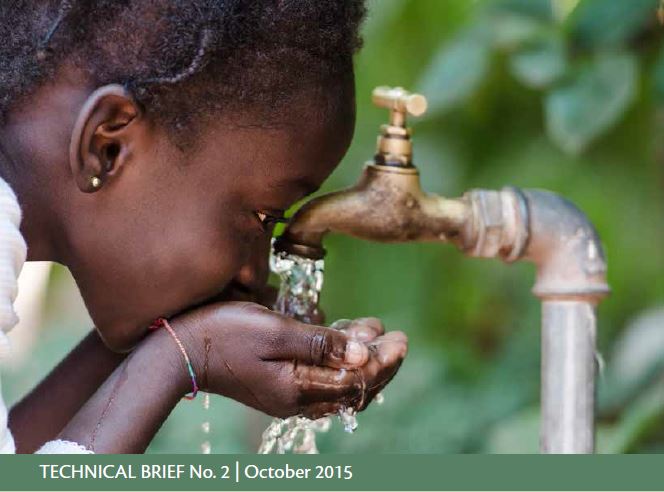Data are key to ensure nutrition for all

“Good data has the potential to improve the lives of millions of malnourished around the world. We need the right kind of evidence to inform decision makers of what really works. It is difficult for governments to make improvements in areas that are not well understood or not well measured.” says Jomo Kwame Sundaram, Assistant Director-General for Economic and Social Development, Food and Agricultural Organization of the United Nations.
For a government to plan and monitor the impact of its policies, it must be able to benchmark data and see year on year progress. It is difficult for governments to intervene effectively when needs are poorly understood and impacts are inadequately measured.
Most low and middle income countries are burdened by persistent undernutrition as well as by rapidly growing overweight, obesity and diet-related non-communicable diseases. It is widely accepted that agricultural and food system policies must make a greater contribution to enhancing diets and hence to improve nutrition.
However existing tools which measure the outcomes of agricultural and other food policy interventions relevant to nutrition only capture some elements. Consequently, decision makers only have fragmented evidence on which policies and interventions work best to enhance nutrition.
In the decades ahead, governments will be challenged to generate rigorous evidence of effective policy actions linking agriculture, food systems and nutrition. Indicators for both national goals and the Sustainable Development Goals (SDGs) will also require appropriate data gathering capacity at the sub-national level. Support for strong local research and data analysis capabilities is therefore an essential element of effective policymaking. If taken seriously, data and research can have a big impact on improving nutrition for all.
